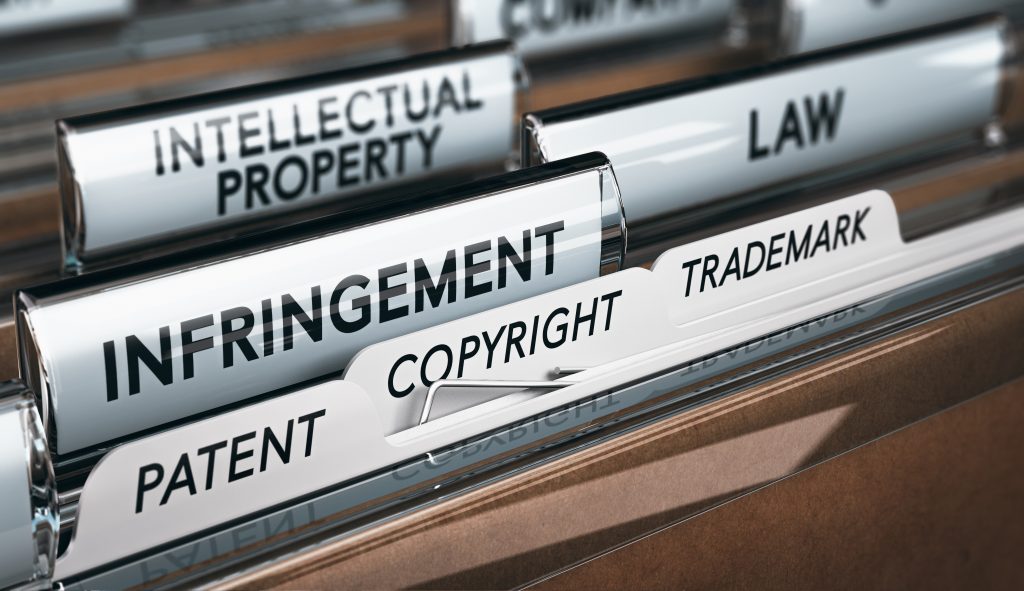
































Authors Mona Awad and Paul Tremblay have taken legal action by filing a class-action lawsuit against OpenAI, the creators of an AI text generator, in a federal court in San Francisco. The lawsuit alleges copyright infringement, claiming that OpenAI unlawfully used their copyrighted novels to train their chatbot, ChatGPT, resulting in the creation of text that closely resembled the authors' own literary works. This lawsuit marks the first copyright dispute involving ChatGPT and aims to establish legal boundaries within the realm of generative AI. The authors are seeking a court order to hold the company accountable for infringing on their works by illicitly downloading copies of their novels for AI training purposes, as well as asserting that ChatGPT's responses constitute infringement. Additionally, the authors are seeking financial compensation, though proving direct financial losses caused by ChatGPT may pose challenges. As a result, this legal action has sparked a heated debate surrounding the question of whether providing data to AI can be deemed an act of copying.
What are the legal Implications?
The legal implications of AI-generated content in copyright law are complex and still developing. Using copyrighted materials to train AI models falls into a legal grey area. The question of whether AI models are considered derivative works is also debatable. If an AI model is trained exclusively on copyrighted material, the resulting output may infringe on the original author's copyright. However, if the AI model is trained on a diverse range of data from various sources, proving that the output is a derivative work becomes challenging.
In an effort to address the copyright law and policy concerns arising from AI, the US Copyright Office has initiated a comprehensive examination. This examination encompasses a range of issues, including the extent of copyright protection for works created using AI tools and the utilisation of copyrighted materials in AI training.
The EU AI Act tackles the issue of copyrighted materials in AI models by mandating that companies disclose any copyrighted material present in their datasets. The Act also seeks to safeguard businesses from unauthorised use of their information and provides a legal framework to determine the extent to which AI firms utilise ethically sourced, non-copyrighted data.
 Tags quentes :
Inteligência artificial
Governança de dados
Direitos de propriedade intelectual
Tags quentes :
Inteligência artificial
Governança de dados
Direitos de propriedade intelectual